
As it is known, the Nobel Prize for Literature 2019 was awarded to Austrian writer Peter Handke. This situation caused reactions in Turkey and in some other countries due to the fact that Handke's rejection of the Srebrenica Genocide committed in Bosnia and Herzegovina and his admiration for Slobodan Milosevic who faced trial as a war criminal.
In the framework of mentioned issue, articles were published in the Turkish media outlets that are comparing the Srebrenica Genocide with the 1915-16 Relocation and Resettlement Law within the context of “freedom of expression”. These articles have tried to draw parallelism between Handke's rejection of the Srebrenica Genocide and rejection of the genocide claims regarding Armenians. However, this comparison constitutes a grave mistake, as there is no similarity between the two cases. In 2007, the International Court of Justice gave a verdict which stipulated the events in Srebrenica, Bosnia and Herzegovina, as “genocide” and war criminals faced trials. The acts that were perpetrated in the Former Yugoslavia have been registered as genocide in accordance with the 1948 Convention on the Prevention and Punishment of the Crime of Genocide leaving no room for any hesitation or objection. However, as it has been clearly stated in the ECtHR's Perinçek vs. Switzerland Case, the genocide allegations regarding the Armenians have not been legally substantiated. In this regard, as well as expressing that there was an Armenian genocide, the views that reject such a claim are legitimate within the freedom of expression. Therefore, it is completely inappropriate to place two cases on the same footing and to thus try establishing similarities between them.
© 2009-2025 Center for Eurasian Studies (AVİM) All Rights Reserved
No comments yet.
-
 24 APRIL
24 APRIL
AVİM 24.04.2019 -
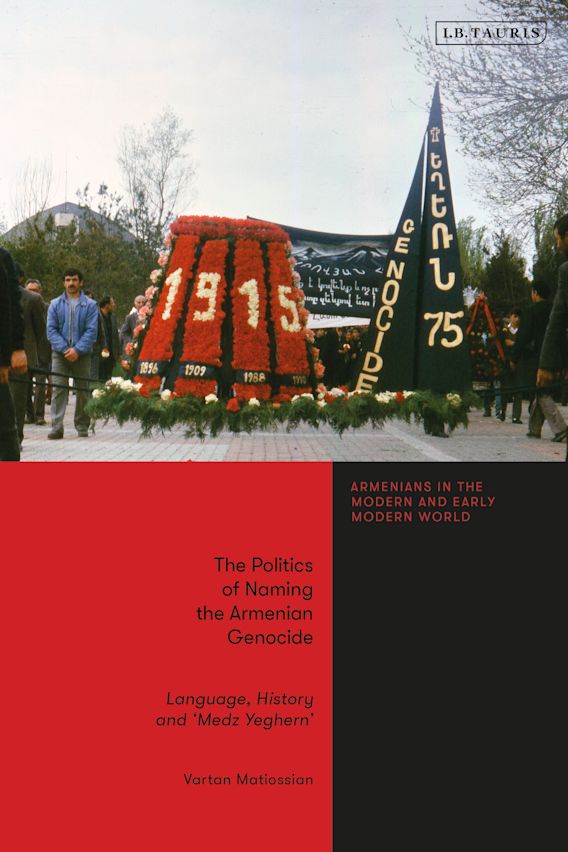 THE POLITICS OF NAMING THE 1915 EVENTS
THE POLITICS OF NAMING THE 1915 EVENTS
AVİM 18.11.2021 -
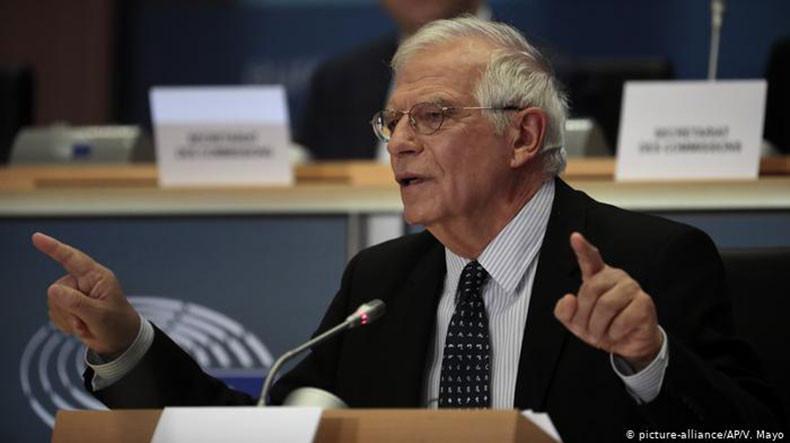 NO PAUSE IN PATHOLOGICAL OBSESSION WITH TURKEY EVEN IN TIME OF THE CORONA VIRUS PANDEMIC
NO PAUSE IN PATHOLOGICAL OBSESSION WITH TURKEY EVEN IN TIME OF THE CORONA VIRUS PANDEMIC
AVİM 13.04.2020 -
 AVIM WEBINAR VIDEO REMOVED FROM A SOCIAL MEDIA PLATFORM HAS BEEN REINSTATED
AVIM WEBINAR VIDEO REMOVED FROM A SOCIAL MEDIA PLATFORM HAS BEEN REINSTATED
AVİM 27.06.2022 -
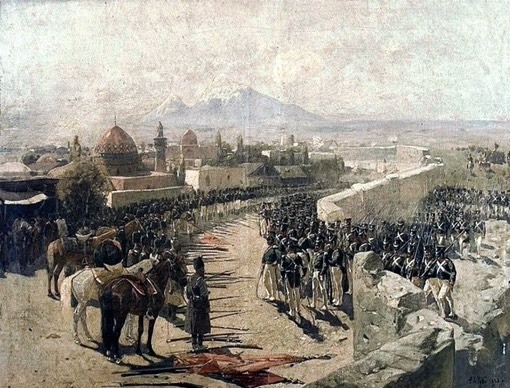 YEREVAN’S AZERBAIJANI PAST
YEREVAN’S AZERBAIJANI PAST
AVİM 23.10.2020
-
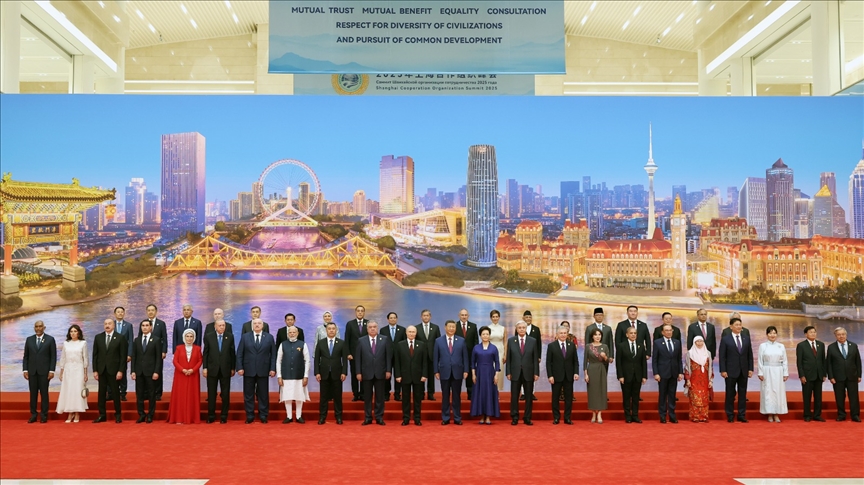 TIANJIN SUMMIT OF THE SHANGHAI COOPERATION ORGANISATION
TIANJIN SUMMIT OF THE SHANGHAI COOPERATION ORGANISATION
Seyda Nur OSMANLI 04.11.2025 -
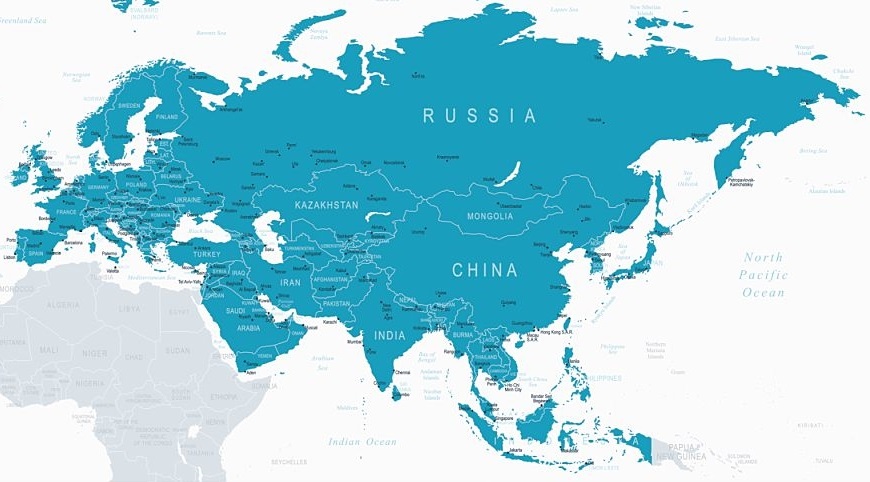 TURKEY’S INTERESTS AND CONSTRUCTIVE EURASIANISM
TURKEY’S INTERESTS AND CONSTRUCTIVE EURASIANISM
Mehmet Oğuzhan TULUN-Teoman Ertuğrul TULUN 05.05.2022 -
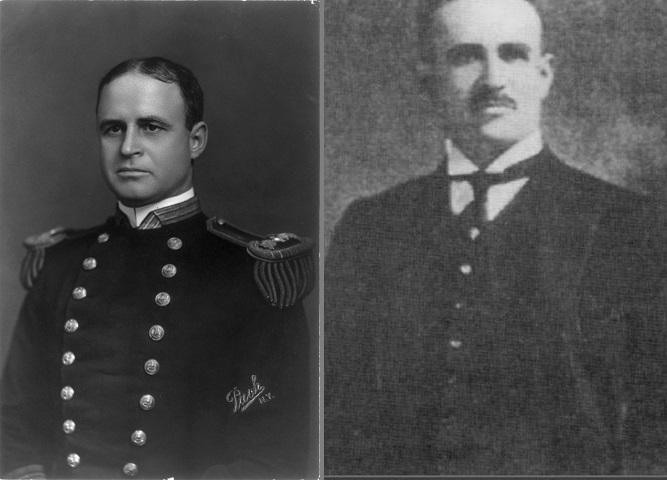 ARMENIAN NATIONALIST PROPAGANDA, THE FALL OF KARS, AND THE KARS TREATY OF 1920
ARMENIAN NATIONALIST PROPAGANDA, THE FALL OF KARS, AND THE KARS TREATY OF 1920
AVİM 13.01.2022 -
THE FRENCH LAW: THE FIRST STAGE
Ömer Engin LÜTEM 25.12.2011 -
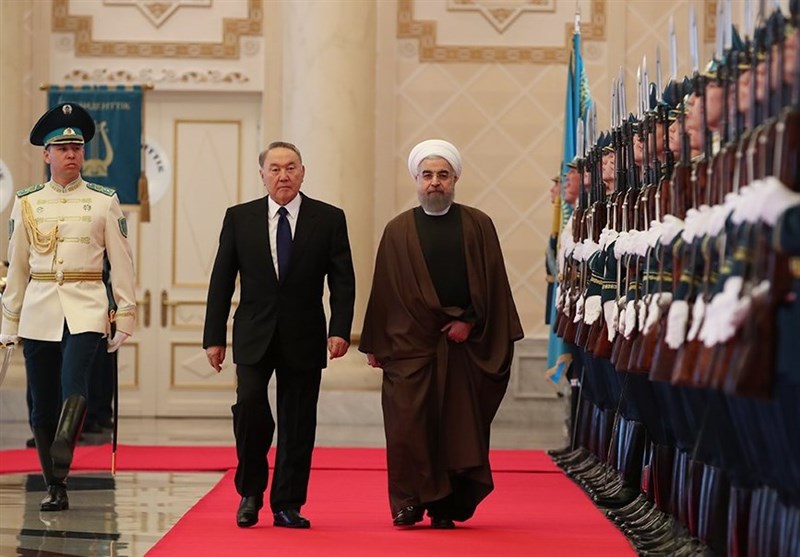 IRANIAN PRESIDENT HASSAN ROUHANI’S VISIT TO ARMENIA, KAZAKHSTAN AND KYRGYZSTAN
IRANIAN PRESIDENT HASSAN ROUHANI’S VISIT TO ARMENIA, KAZAKHSTAN AND KYRGYZSTAN
Özge Nur ÖĞÜTCÜ 26.12.2016
-
25.01.2016
THE ARMENIAN QUESTION - BASIC KNOWLEDGE AND DOCUMENTATION -
12.06.2024
THE TRUTH WILL OUT -
27.03.2023
RADİKAL ERMENİ UNSURLARCA GERÇEKLEŞTİRİLEN MEZALİMLER VE VANDALİZM -
17.03.2023
PATRIOTISM PERVERTED -
23.02.2023
MEN ARE LIKE THAT -
03.02.2023
BAKÜ-TİFLİS-CEYHAN BORU HATTININ YAŞANAN TARİHİ -
16.12.2022
INTERNATIONAL SCHOLARS ON THE EVENTS OF 1915 -
07.12.2022
FAKE PHOTOS AND THE ARMENIAN PROPAGANDA -
07.12.2022
ERMENİ PROPAGANDASI VE SAHTE RESİMLER -
01.01.2022
A Letter From Japan - Strategically Mum: The Silence of the Armenians -
01.01.2022
Japonya'dan Bir Mektup - Stratejik Suskunluk: Ermenilerin Sessizliği -
03.06.2020
Anastas Mikoyan: Confessions of an Armenian Bolshevik -
08.04.2020
Sovyet Sonrası Ukrayna’da Devlet, Toplum ve Siyaset - Değişen Dinamikler, Dönüşen Kimlikler -
12.06.2018
Ermeni Sorunuyla İlgili İngiliz Belgeleri (1912-1923) - British Documents on Armenian Question (1912-1923) -
02.12.2016
Turkish-Russian Academics: A Historical Study on the Caucasus -
01.07.2016
Gürcistan'daki Müslüman Topluluklar: Azınlık Hakları, Kimlik, Siyaset -
10.03.2016
Armenian Diaspora: Diaspora, State and the Imagination of the Republic of Armenia -
24.01.2016
ERMENİ SORUNU - TEMEL BİLGİ VE BELGELER (2. BASKI)
-
AVİM Conference Hall 24.01.2023
CONFERENCE TITLED “HUNGARY’S PERSPECTIVES ON THE TURKIC WORLD"









